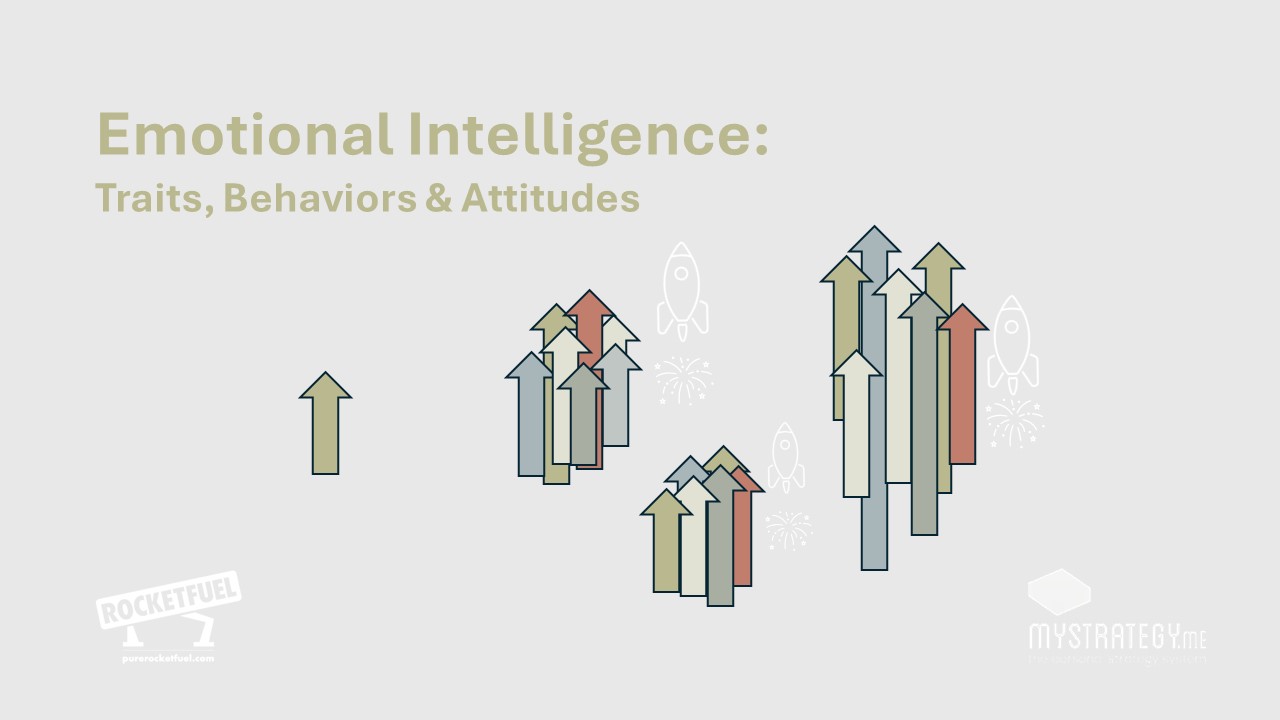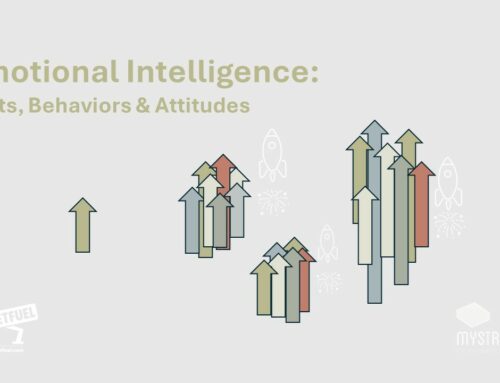
Is the great the enemy of the good, or the good the enemy of the great, as we fight perfectionism, asks Leadership & Performance Coach, Davina Greene.
Whenever perfectionism emerges as a theme during a coaching session, I always think of two of my former colleagues.
One of them, regardless what project we were discussing, always insisted that “The great is the enemy of the good” – making the point that it is senseless to hang about, creating unnecessary delays in dotting i’s and crossing t’s, when a project is, say, 90% ready to launch. The final 10% can simply be ironed out quickly post-launch; getting launched is what is important.
The other always said (and they didn’t even have to be in the same room for this to happen!) that “The good is the enemy of the great” – making, again, a strong point that launching something at 90% readiness is potentially silly when a little more time and effort could solve more problems up-front.
So, who was right? Well, both of them! It’s like anything in life: you consider the outcomes of either decision, and then make whichever leap seems correct in the moment. You also work within the range of your own personality – like all traits, some degree of perfectionism is present 24/7, although it may become more pronounced in certain environments. Needless to say, it carries both pros and cons.
The Pros and Cons of Perfectionism
The pros? If the perfectionism has been identified, named as such and is just a bit of healthy competition with oneself, then it can mean that you will excel in certain areas, enhancing your knowledge beyond what other people are willing to tolerate (becoming viewed as the ‘specialist’ rather than the ‘generalist’). You will gain a reputation for quality, often compensating for the modern “goldfish memory” that so many people have, unable to maintain interest in anything for any significant duration.
The cons? Well, it can be exhausting – in itself, and in its ability to stop you sharing or delegating work (“If you want it done right, do it yourself”). Also, it can imply an ongoing concern in relation to making errors or looking stupid, perhaps rooted in low confidence. It can cause loss of perspective as you spiral further down into small details, while others move on long before you’ve even noticed – on a personal level, I’ve often seen this as a male/female divide at work, with the men (“I’m no good at admin”) moving on to the Next Big Thing while the women conscientiously stay behind to make sure everything is in order.
Perfectionism can play havoc with tolerance: you may become deeply unimpressed with other people’s inability, or unwillingness, to match your quality levels – worse still, you may become openly dismissive of other peoples’ good work. You are no longer associated with any form of emotional intelligence. And when someone’s perfectionism extends to the whole of their life (think of all the glorious “peacocking” we witness daily on social media!), not being able to attain The Perfect Life can truly create misery.
The hardest part of being a perfectionist is often the simple fact that there is no one such thing as “perfection”. Manager A may push you to write what she deems “the perfect report”; Manager B may look at it and shrug, indifferent. So, when you consider all of the extra effort you put in, and the time you spent, what did you really gain?
How to Solve Perfectionism
The solution? As with any trait, it’s all about balance.
Try not to be at the extreme of too many scales – in this instance, focus less on the idea of “perfection” and more on the idea of “good enough”, to exist in a more comfortable position on the Perfectionism spectrum.
Make sure that you’re getting as much as you give – being a time-rich perfectionist can be tough enough, but being a perfectionist multi-tasker could be dangerous! Above all, be kind to yourself; apply your perfectionism on occasion, where it really matters.
Key Points to Alleviate Perfectionism
- Understand it: is it rooted in subject-matter passion, love of detail, excessive politeness, seeking praise, being “a good girl”, fear…?
- Notice if it is causing you to be left behind.
- Notice when your output is “good enough”.
- Notice if the extra gratitude you receive for your “perfect” efforts is proportionate.
- Remember that your definition of perfection may differ from others’.
- Decide where the beneficial balance lies for you.
Interested in investing in your own personal – and personal strategy – development? Check out www.MyStrategy.me!
Share This!
About the Author



